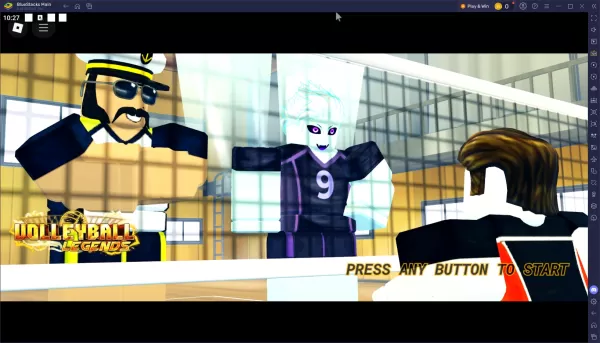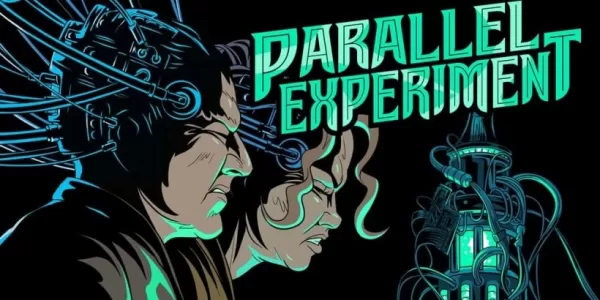
Yasuhiro Anpo, the mastermind behind the remakes of Resident Evil 2 and Resident Evil 4, shared that the revival of the iconic 1998 game was sparked by the overwhelming enthusiasm from fans eager to see the classic restored to its former glory. In Anpo's words, "We realized: people really want this to happen." It was then that producer Hirabayashi confidently declared, "Alright, we'll do it."
Initially, the team contemplated beginning with Resident Evil 4. Yet, after thorough discussions, they recognized that RE4 was already lauded as nearly perfect, making any alterations a risky endeavor. Instead, they shifted focus to an earlier installment in need of a modern touch. To ensure they captured what fans desired, the developers even delved into fan projects for inspiration.
However, skepticism wasn't confined to Capcom alone. Even after the successful release of two remakes and the announcement of the next one, fans voiced their concerns, arguing that Resident Evil 4, unlike its predecessors, didn't require as much of an update.
While Resident Evil 2 and Resident Evil 3, released in the 1990s on the original PlayStation, featured outdated mechanics such as fixed camera angles and cumbersome controls, RE4 broke new ground in 2005. Despite the initial doubts, the remake of RE4 managed to retain the essence of the original while significantly enhancing both gameplay and narrative elements.
The resounding commercial success and glowing critical acclaim validated Capcom's decision, demonstrating that even a game deemed nearly untouchable could be reimagined with reverence for the original and a fresh, innovative approach.


 LATEST ARTICLES
LATEST ARTICLES 












